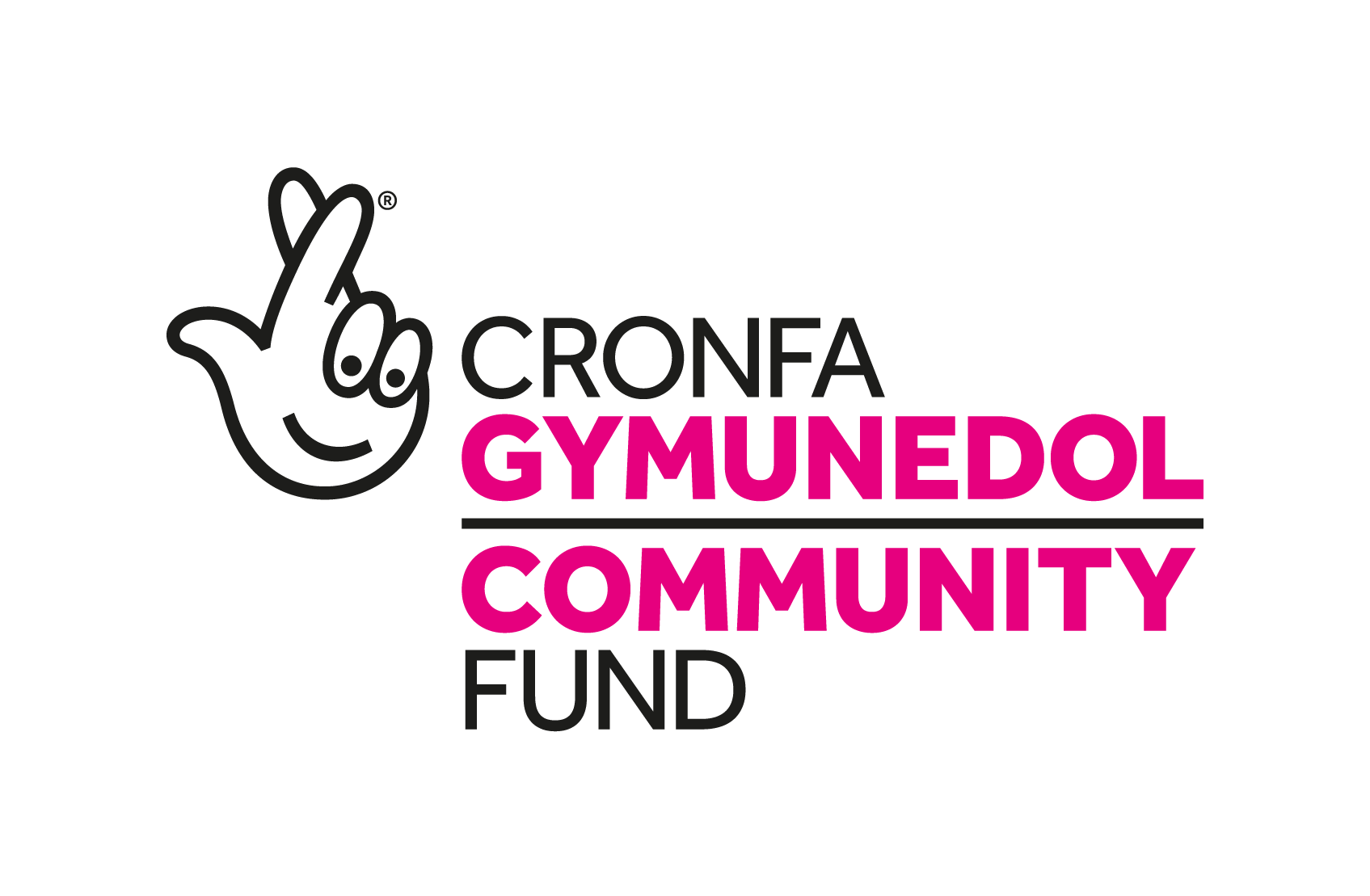
The National Lottery Community Fund has awarded £49,976 towards the development of an integrated network of support services and therapies for people with complex needs.
The project will redesign services in Swansea and Neath Port Talbot to ensure all instances of homelessness are rare, brief and non-recurrent by removing the barriers which prevent people experiencing challenges with their mental health from accessing support.
The project is a partnership of 23 organisations, each representing different sub-sections of the community who have a housing need.
Organisations involved include The Wallich, Crisis, Shelter Cymru, Tai Pawb, Family Housing Association Wales, Thrive Women’s Aid, Welsh Refugee Council, Goleudy, St Giles Trust, Hafan Cymru, Pact, TGP Cymru, Include Hub, Home Connections, Kaleidoscope, HMPPS, Abertawe Medical Partnership, University of South Wales, Mind NPT, Swansea Council and Neath Port Talbot Council.
Many of the organisations and agencies involved in the partnership, work with people who experience housing-related issues, and complex needs that often have directly contributed to or prolonged their housing need or homelessness.
“While it’s known that different factors can cause a pathway to homelessness, mental health challenges and homelessness are often interlinked.
“At The Wallich, we work with more than 9,000 people every year, many of whom have Adverse Childhood Experiences (ACEs) with some degree of trauma, complex and compound trauma.
“We see every day how often unresolved trauma affects a person’s ability to manage relationships and maintain stable employment or their tenancy. Without resolution, trauma can result in repeat homelessness. This project is a real opportunity to address that.”
Crisis research shows people who experience homelessness are nearly twice as likely to have mental health challenges.
Self-harm is another concern in the Swansea/NPT area, and if not addresses will continue to harm people’s health.
This is a continued concern in Neath Port Talbot, as it is the only local authority in Wales that has significantly higher than the national average numbers in suicides at 15.8 per 100,000.
“NPTCBC is looking forward to working with partners to develop a full project proposal with the aim of addressing the complex needs of individuals and removing the barriers in the way of their path into long term sustainable accommodation.”

The National Lottery Community Fund Helping End Homelessness is a £10 million fund specifically for strategic projects that seek to redesign services to make homelessness in Wales rare, brief and non-recurrent.
The awarded grant of £49,976 will support the development of a full 5-7 year project proposal for a share of the £10 million fund.
Projects must be person-centred and delivered by multi-agency partnerships where third sector and public sector organisations work closely together, based on a mutually agreed vision for tackling homelessness.
The new project across Swansea and NPT has four priority areas for ending homelessness in the area:
1. Work together to map existing provision, then design a coherent model of support and series of innovative sustainable interventions needed to support people with complex needs experiencing a housing need.
2. Develop and deliver awareness training to address the stigma and prejudice experienced by people who are homeless and increase awareness around supporting people with complex or mental health needs. This will be aimed at third-sector services, landlords and statutory services.

3. Highlight priority areas for the development of preventative approaches to ensure people access support before reaching crisis to prevent homelessness.
4. Design a combined best practice guide for service-user involvement, ensuring person-centred, trauma informed approaches for people with lived experience to develop their skills.